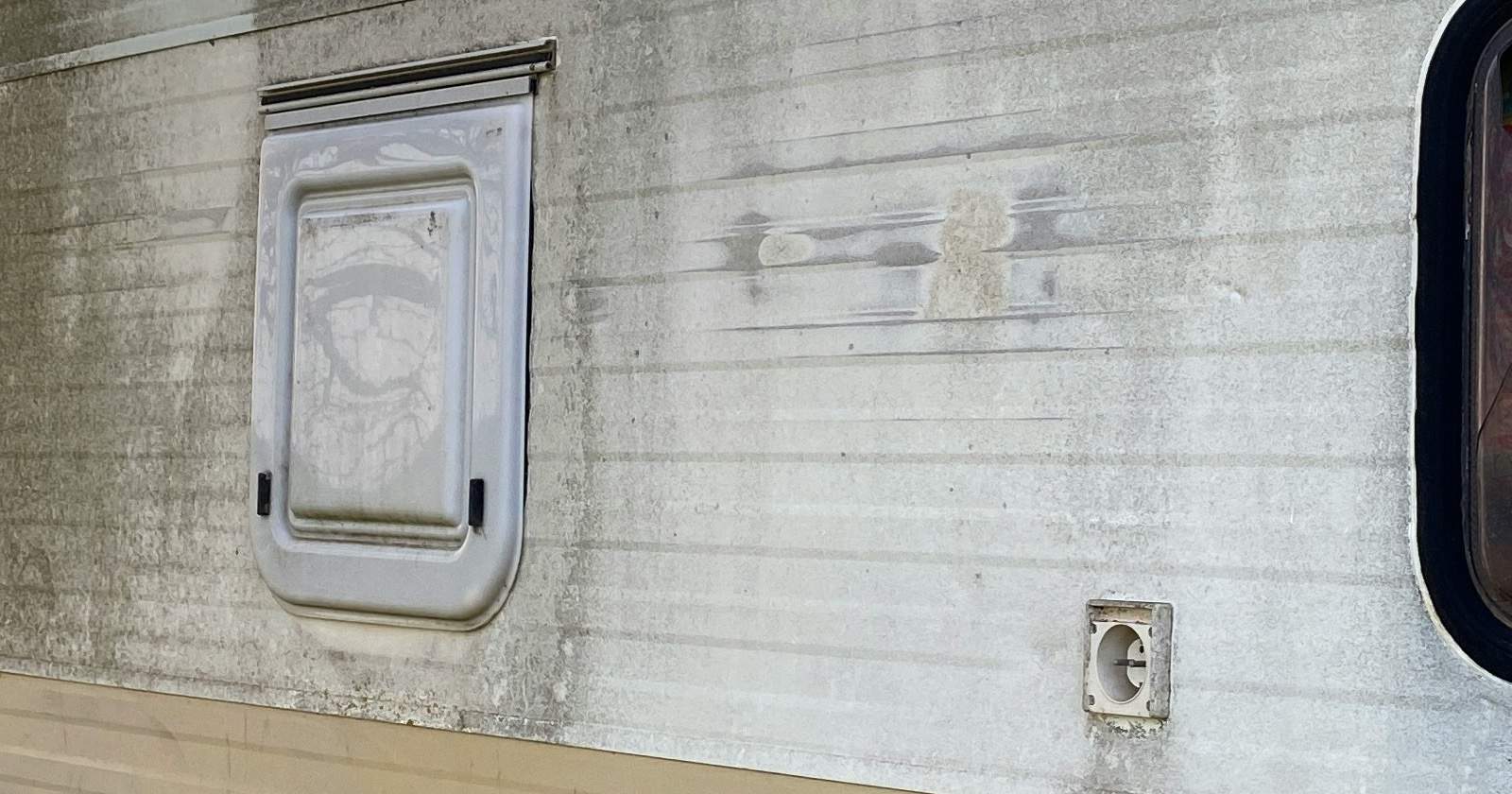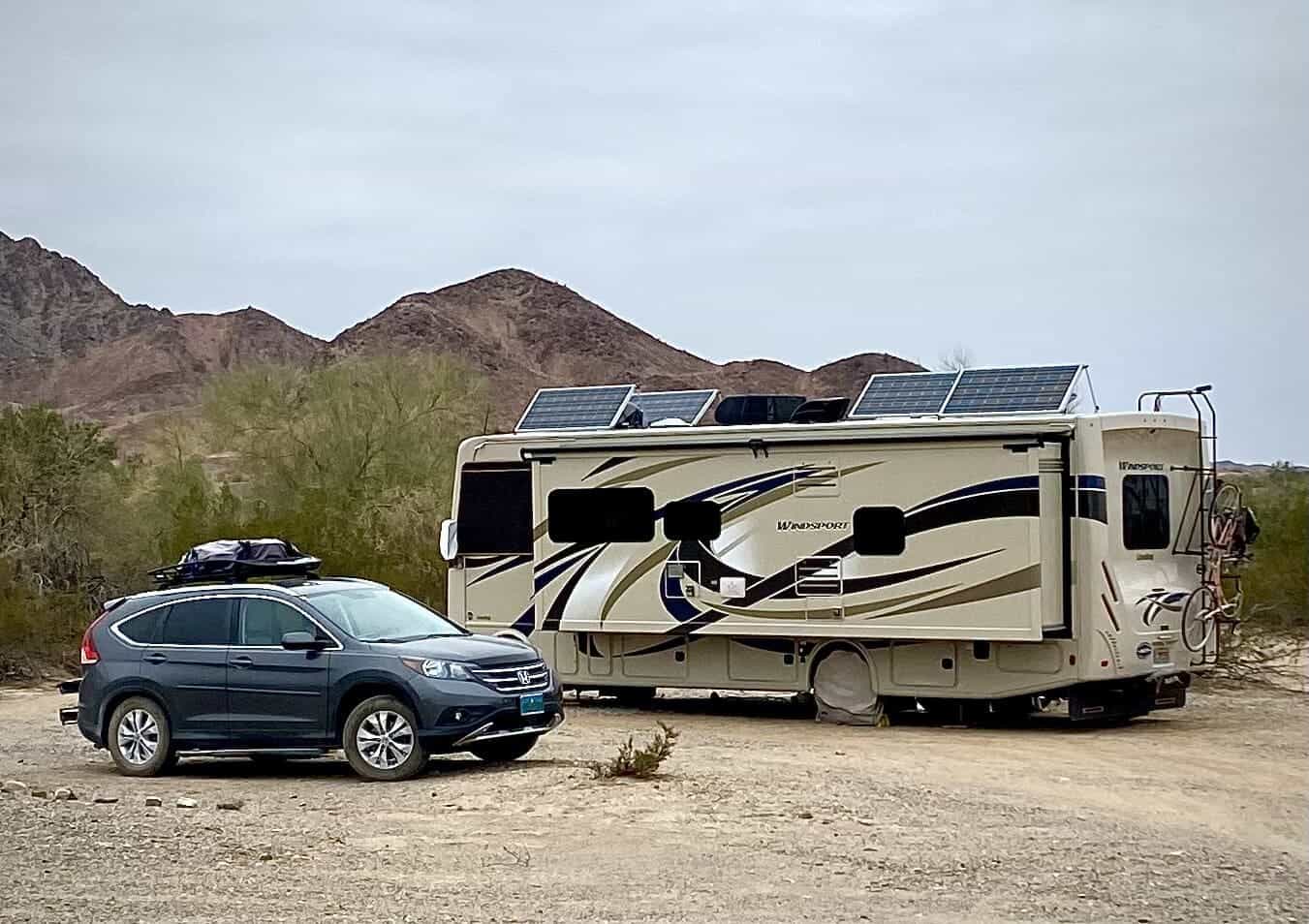RVs are designed to give you a comfortable experience in the great outdoors. But if you have a bad RV converter, your comfort is at risk. Let’s take a look at how this important component works, and signs that your RV converter could be failing.
Here’s Why Your RV Has a Converter
Larger RV models in the 18-foot and up range typically have all the comforts of home. They usually include a refrigerator and water pump, air conditioners, lighting fixtures, and entertainment system with audio and video capabilities.
These RV components and appliances run on DC or AC power, depending on their power requirements. Sometimes they run on both, as in the case of traditional absorption RV refrigerators.
The type and number of of RV components can vary from rig to rig. But whether you have many or few creature comforts, their overall goal is to give you a functional and more comfortable living space in a mobile setting.
For RVs with these components, the one thing they all share in common is an on-board RV converter. This basic part is designed to ensure these appliances and devices can work together seamlessly. In a few instances, an RV component can work fine without the converter. Your rooftop air conditioner is a good example. But in most cases, you’ll need a working RV converter to enjoy life’s little luxuries on the road.
What Does This RV Part Do?
To give you an idea of what an RV converter does, first you need a little backstory about why it’s there in the first place.
Like your RV house batteries, an RV converter can power components that need 12-volt DC power. The RV lights, furnace, propane leak detector, and pump are good examples of things that run off 12-volt D/C power.
For RV components with higher electrical demands, like a microwave, television, or A/C outlets, your camper can plug into a 30- or 50-amp 120-volt A/C electrical supply to provide enough power. When you plug your RV into that electrical source, the RV converter converts the 120V AC power to 12V DC power. This supplies power to all of the RV’s 12 Volt appliances and accessories which are otherwise powered by the house batteries.
The RV converter also prevents the RV from draining its batteries, by charging them when plugged into shore power.
Issues Caused by a Bad RV Converter
A failing RV converter isn’t the end of the world, but it can cause several issues that affect the electrical components in your RV.
The good news is that a bad RV converter won’t affect your RV refrigerator. This is because the house batteries should supply enough power to the circuit board, which regulates refrigerator temperature. Your A/C power outlets should be fine too, since the converter doesn’t have anything to do with A/C power to the wall outlets. And if you boondock often, a bad RV converter will have no immediate impact on your experience.
If you observe any of these common signs of a failing converter, you can try to diagnose the problem with a DIY volt ohm meter. This tool measures the output of the converter to verify that it’s bad.
Does Your RV Converter Need Replacing?
To fix a failing RV converter, the easiest and cheapest thing to do may be to replace the unit. But don’t toss it yet. First consult with a professional RV technician. This is because oftentimes, something other than the RV converter RV may be the source of the same issues. An RV technician can help diagnose the problem and recommend the right RV repair.
How to Keep RV Systems Running Smoothly
The RV converter plays a crucial role in providing power to the electrical components in your RV. Regular RV maintenance is the key to make sure it works for you when you need it.
If you notice any signs of a bad RV converter, it’s important to address the issue promptly. This will ensure that your RV remains functional and comfortable during your travels.
Being proactive about maintaining your RV’s electrical components can help prevent many other issues that threaten your comfort level when camping. One way you can prevent those hassles is with a subscription to RV LIFE Maintenance, part of the RV LIFE Pro Membership suite.
This digital service can help you keep your RV in top condition, saving you time and money while maximizing this awesome RV lifestyle.
- Build a customized maintenance schedule and store documents.
- Monitor your RV’s fuel economy.
Staying on top of maintenance and repairs with RV LIFE Maintenance and avoid potential problems like a converter failure, and more!



